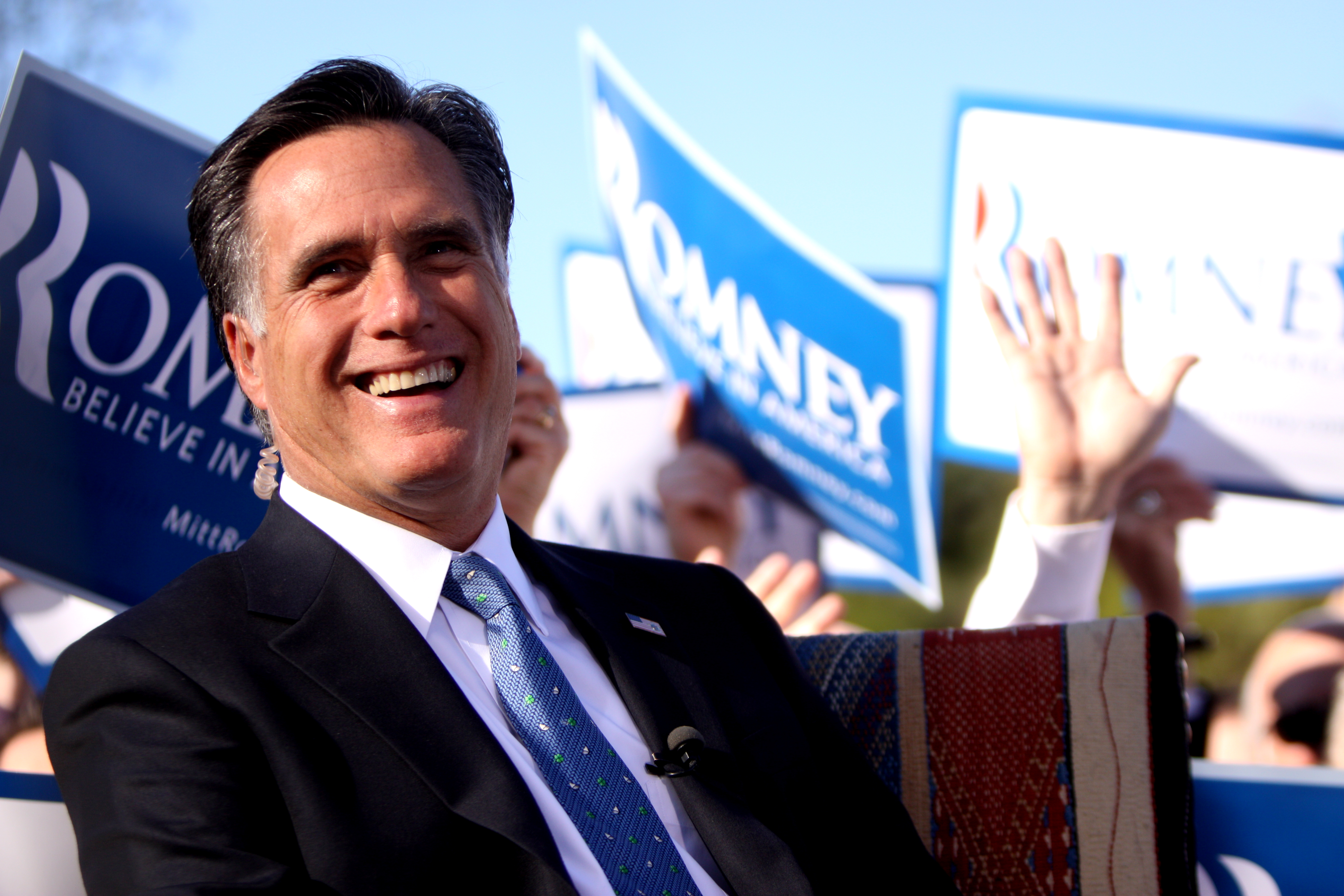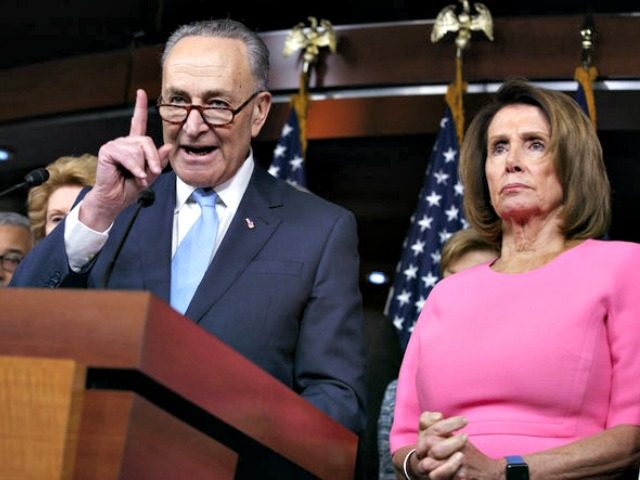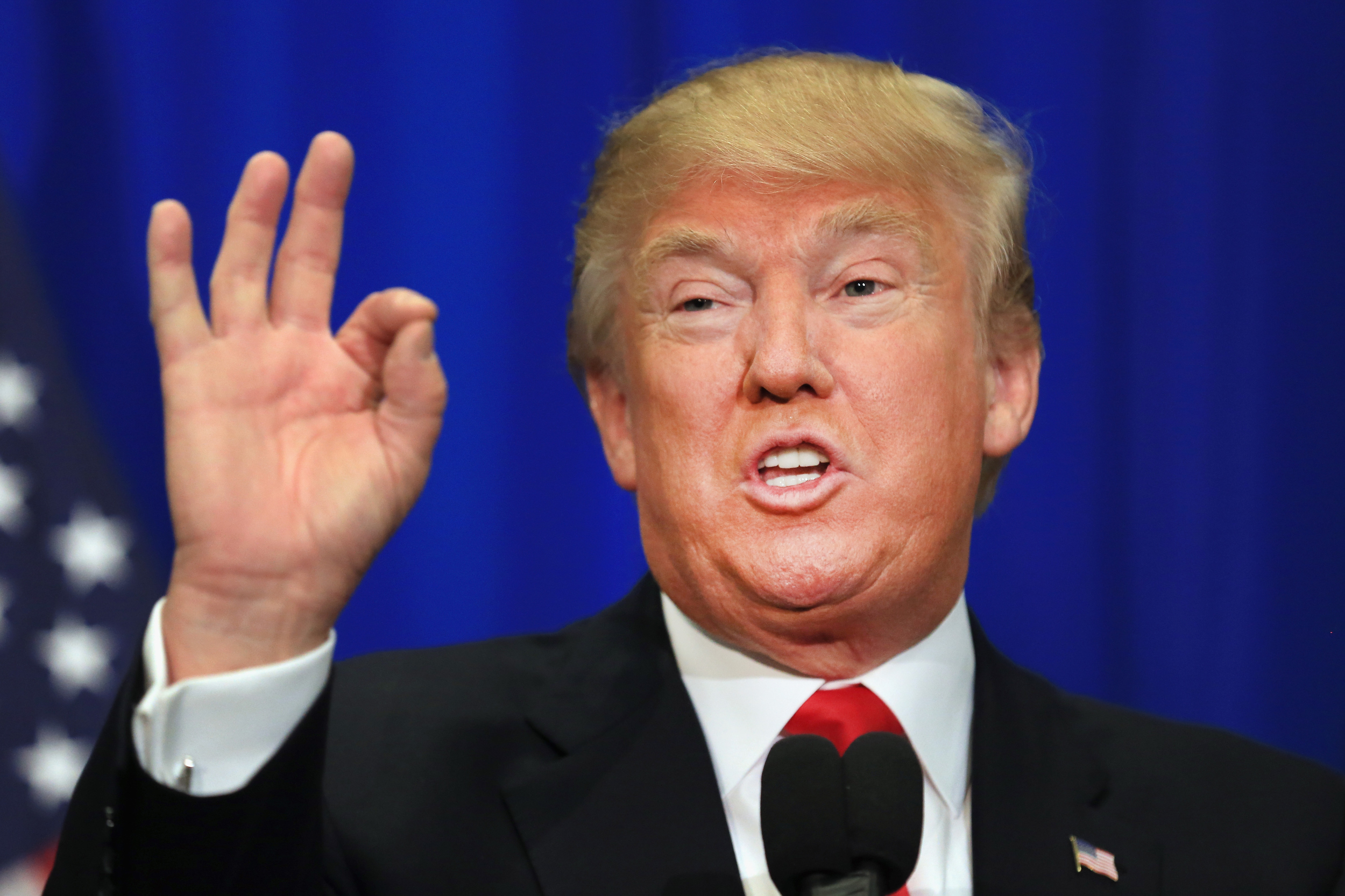By Rob Oldham

I love Mitt Romney. And I’m not the only one. His stellar private business record, moderate conservative ideology, and that awkward, yet adorable, charm sold him to many Republicans across the country in 2012. What’s more, I think Mitt would have been a great President. He is smart and open to compromise. There are moderate members of both parties in Congress that would have flocked to his pragmatic leadership style. Unlike President Obama, Mitt might have been able to create a centrist coalition capable of solving divisive issues like immigration and tax reform.
Mitt recently revealed to donors in New York City that he is thinking about running again in 2016. He certainly is motivated by a genuine devotion to his country. Mitt believes he could be the voice of reason as the federal government faces growing budget deficits, dangerous foreign wars, and the legacy of extreme partisanship and gridlock that has pervaded both the Bush and Obama administrations. He wants nothing more than to help. Indeed, you will not find a more patriotic American than Mitt Romney.
However, that does not mean he should run.
Mitt has likely been thinking about a run since November 2014. There was no clear front-runner for the Establishment Republicans at that point. New Jersey Gov. Chris Christie had been hampered by the George Washington Bridge closure scandal for nearly a year. Although there is no proof of his involvement in the so-called “Bridgegate” scandal, Christie has suffered plenty of bad press. The situation further deteriorated when he was interviewed by the FBI in December. He is no longer the confident, self-assured problem solver that many moderates idealized him as before.
Former Florida Gov. Jeb Bush was also undecided in November. While he presents enormous upside potential to Republicans for supporting bipartisan proposals like immigration reform, Bush apparently faced opposition within his own family about whether or not to run. He also would have the problem of getting voters to support anyone named Bush after his brother’s troubled presidency. Because of these misgivings, he gave no strong indication as to his intentions at that point.
With uncertainty surrounding his major rivals, the field appeared wide open for Mitt to enter. He figured to gain much of the Establishment support, particularly from the donors who funded him in 2012. Voters were also yearning for Mitt. Some were experiencing buyer’s remorse after a series of high profile disasters created doubt about Obama’s leadership during his second term. The disasters included the Affordable Care Act rollout, the growing strength of ISIL, and, most notably, Russia’s incursions into eastern Ukraine. Many Americans interpreted Mitt’s comments about Russia in the 2012 campaign as an indication that he would have been able to deal with the Ukrainian crisis more effectively than Obama did.
Things were looking up for Mitt. He had voter support, a solid donor base, and even human sympathy following the release of his Netflix documentary “Mitt” in 2014. This was reflected in public opinion polls in the fall that had him ahead by eight points in the Republican field. Support for a third Romney presidential campaign was steadily growing.
Everything changed in December. Just before Christmas, Bush announced that he was forming an exploratory committee to consider a 2016 run. He subsequently dropped many of his major commitments to non-profit boards in order to appear impartial for the upcoming campaign. He had apparently overcome his family’s reservations and, quite possibly, his own doubts about his candidacy. Despite Bush’s potentially game-changing decision, Mitt went ahead and announced to his supporters that he is also considering a run. His announcement took the wind out of Bush’s sails and raised serious questions about a unified strategy by the Establishment Republicans going into 2016.
Personal affection aside, it would be a grave mistake for Mitt Romney to run in 2016. He has little chance of victory and would probably diminish the chance of another moderate Republican winning the nomination.
Republicans must face the reality that they will be running against Hillary Clinton in 2016. Despite a recent drop in the polls, Clinton is a well-known and popular public figure from her time as First Lady and Secretary of State, and from her failed bid for the Democratic nomination in 2008. She is not a candidate that can be beaten by a Tea Party rabble-rouser or a Libertarian isolationist. The Republicans need to run a likeable and moderate candidate in 2016 to win. Currently, Mitt Romney is both of these, and he knows it.
But Mitt had his chance. He also has too short of a memory. While voters and donors might be singing his praises right now, it was not long ago that he was considered a “terrible candidate” and the last resort in a depleted Republican primary field in 2012. Republicans should not forget that gaffes like the infamous “47 percent” video and his immediate politicization of the 2012 Benghazi attacks, both of which contributed to his image of distant, aloof, and removed from the “normal American.” Voters did not like him in 2012. He won the Republican nomination because he faced weak competition in the primaries, not because he was a quality presidential candidate.
2016 is a different ballgame. There is a golden opportunity for the Republicans to take over the executive branch. Barack Obama is extremely unpopular, and the congressional Republicans just made major gains in the midterm elections. After two terms of gridlock, voters might be ready for a change in the White House. Furthermore, it has been nearly 70 years since the Democrats won the presidency three times in a row. Even though a Hillary Clinton victory seems inevitable to many, a moderate Republican with an executive background would be a perfect fit for President. They would be able to manage what might be a unified Republican Congress in 2016 and draw conservative support away from the far-right extremists who have hijacked the legislature. Bush, Christie, Ohio Gov. John Kasich, and Wisconsin Gov. Scott Walker are all able to fit this mold and are likely to run.
Mitt is kidding himself if he thinks he can compete in this crowd. He would only serve to divert money and votes from more realistic candidates if he ran. He would be a distraction from real issues as the other primary candidates would be forced to focus their time on attacking his 2012 run rather than building their own case for the White House. His seemingly prophetic comments on Russia would quickly fall apart under more scrutiny. Voters would remember why they could not get excited about him in 2012 and another one of his campaigns would fall flat.
Mitt must ask himself why he is running. He appeared to be a shell of himself after his devastating, and apparently unexpected, loss in 2012. The photograph of a strung-out Mitt outside of a gas station just a few weeks after Election Day speaks volumes to the exhaustion that a presidential candidacy involves, not to mention the exhaustion of the job itself. Does he really want to go through this again in what is sure to be a losing, even counterproductive, effort? In a worst-case scenario, he could actually split the vote among the Establishment Republicans enough so that a radical like Ted Cruz or Rand Paul would win the nomination. Mitt should step aside and allow Bush and Christie to remain the front runners.
When I go to the ballot on the day of the Republican primary, I don’t know what I will do if Mitt is listed. My head tells me that the Republican Party does not need Mitt Romney to beat Hillary Clinton and that I should put an end to his farcical campaign by casting my vote for Bush or Christie. But, my heart may not allow that. Mitt Romney is a good American and, more importantly, a good man. Please Mitt, don’t put so many of us through the psychological trauma of having to vote against you. Please, quit while you are ahead.


